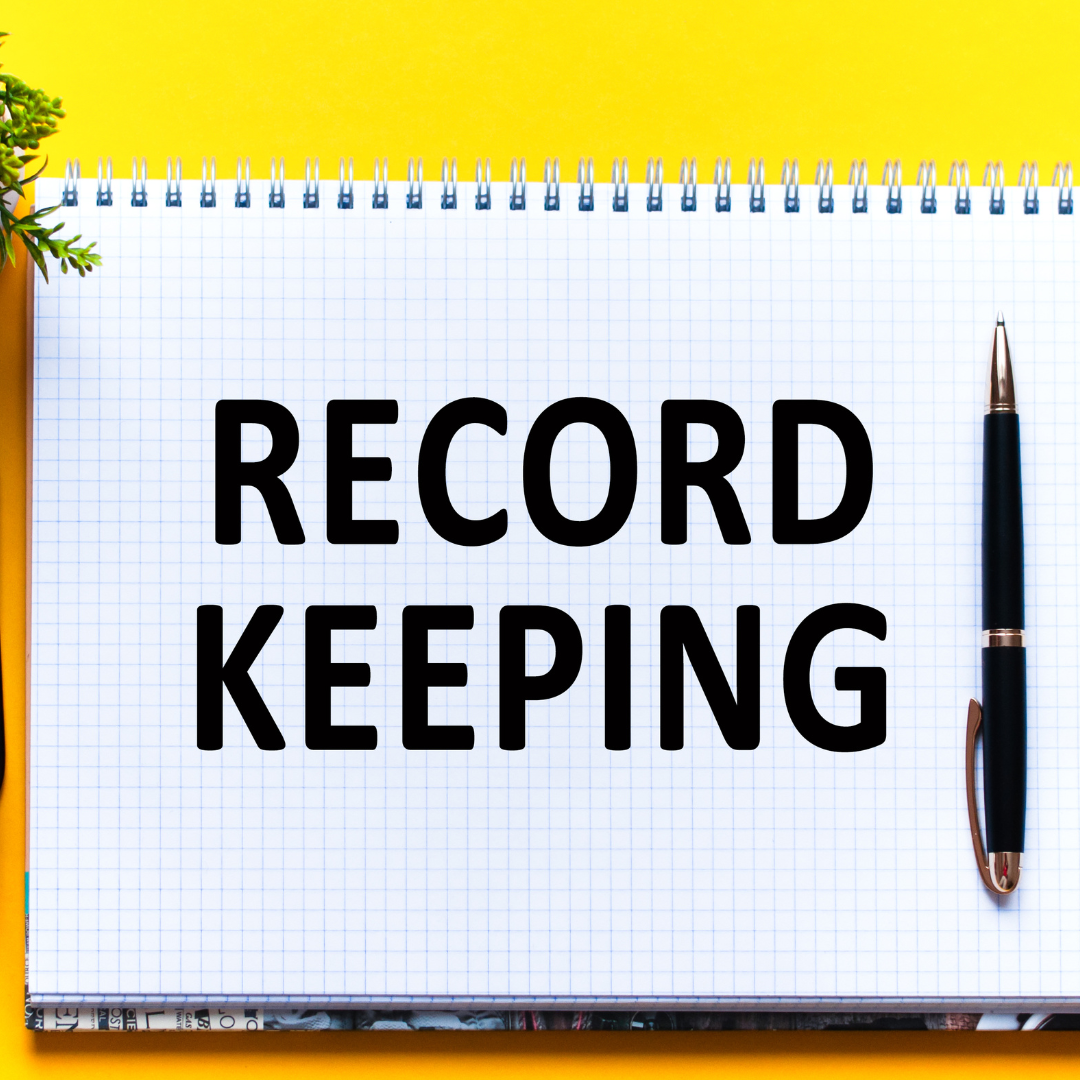How do you track your business? Do you use spreadsheets? An excel spreadsheet? Do you use a computer program? A smartphone? A pen and paper? Whatever method you use, is it easy for you to complete or difficult? Personally, I use a spreadsheet. The one problem I have with using a spreadsheet is that everyone has their own version, so I have to call in my suppliers and have their numbers listed somewhere. Another thing I find challenging is the number of other people who have access to my data, so I have to be careful to keep the information secure. That’s where I think a business database will come in handy.
A business record-keeping system is a system set up to collect and store information in a standardized fashion that helps you organize, communicate, and manage the day-to-day operation of the business. It is vital for the day-to-day running of the business.
As a business owner or an employee, you need to keep track of your finances. You will need to know what expenses you have and need to pay, what your sales are, who are your clients and customers, and much more. If you’re looking for a free record-keeping system that can help you with all of this, then you’ve come to the right place.
Having a reliable business record-keeping system is super important for any business. Without it, you’re basically flying blind, not knowing where your money is going or how to plan for the future. Let’s say you run a retail store and you’re using a simple spreadsheet or a notebook to track things like inventory and employee attendance. You’ll quickly realize that it’s hard to keep track of everything and make accurate reports on time. So, it’s a good idea to look for other solutions to manage your data more effectively and prevent any major problems like retail shrink.
So, using advanced tools and options for business data management and record-keeping becomes essential instead of relying on adopting basic spreadsheets. Keep in mind that automated solutions, data centers, cloud computing, and hardware upgrades, such as enhanced server memory, can effectively manage company data without depending on manual data entry by employees. If you’re exploring options, it is worth noting that the server memory available at websites like servermemory.co.uk can significantly reduce the risk of data errors and ensure efficient information processing. Moreover, embracing technological advancements can not only streamline the record-keeping process but can also empower businesses to maintain a comprehensive and accurate database.
However, automation tools are ultimately controlled by humans, therefore, it can be a good practice for data entry clerks to use these applications in order to prevent discrepancies. Alternatively, you can employ a professional data entry virtual assistant, who can work remotely to ensure that you have access to reliable information by using various tools and processes to reach accuracy.
Additionally, companies can integrate their administrative software with the data centre to automatically collect, sort, and preserve necessary information on the server. Moreover, while establishing the data centre, the assistance of an expert such as Walt Coulston could prove to be beneficial if a business is aiming for a sustainable record-keeping solution.
A green data management approach can benefit an enterprise to secure its sensitive information through dependable and safe storage technology. It can also reduce energy consumption and emission to a great extent, making the business eco-friendly and viable. This is something that companies should be aiming for, to improve their efficiency, productivity, and data management.
In the world of business, you must keep records of every single thing you do. This can be for your own financial wellbeing. Additionally, it also keeps track of employees (names, birthdays, time cards, etc.), expenses (rent, food, gas), and other business records. While most business owners keep their own books, businesses out there have hired bookkeepers to do the job for them.
All too often, professionals forget that their records management system is the backbone of their company, the company’s efficiency, and performance. They take this for granted and don’t take the time to set up a proficient and effective system.
What are the tools to make a business record-keeping system that works?
The most common formats of business records are Paper, Electronic, and Digital. But what are the best tools to implement those formats? Well, that depends on the type of business you have and the type of records you have. Take, for example, an Electronic Record keeping system for a company with only a few employees, or a paper record-keeping system for a company with hundreds of employees can be a mess.
There are tons of apps out there that can help you manage your business, but many of them are clunky and don’t work well together. For example, most tools don’t allow you to pull information from multiple sources into a single view. This makes it a lot more difficult to save time, plan, and track money going into and out of business.
Making business records can seem like an easy thing. However, if you’ve never made a business record before, you might find it time-consuming, frustrating, and difficult. Sure, you could hire someone to do it for you, but then you’re handing over control of your business and making sure that they are protecting your information, which means that they are also liable for all of your mistakes. And although there will be many errors in business records, you need to find another way to make sure that your records are always accurate and up-to-date.
Keeping track of business operations and the progress of customers is a huge challenge for small enterprises. However, with today’s modern technology, you can use many different systems to keep a record of all the information you need. Most of them will cost you money and won’t be very good. So, you may need to look for an appropriate business record-keeping system that works and doesn’t cost too much.






